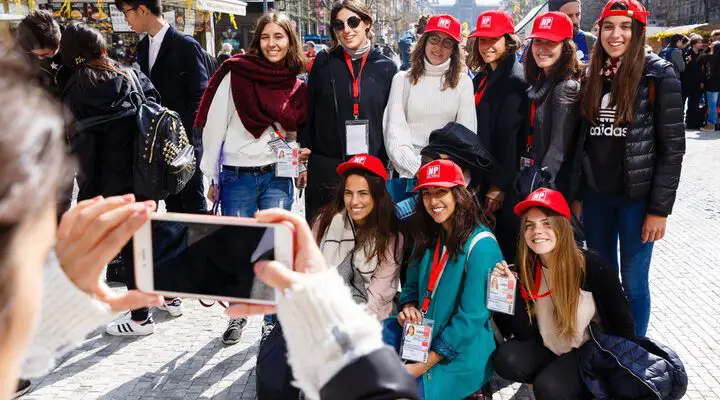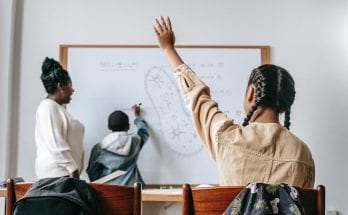Educational trips play a crucial role in a student’s academic and personal development. These experiences go beyond classroom learning, offering hands-on exposure to new environments, cultures, and ideas. Whether it’s a visit to a historical site, a science museum, or an outdoor adventure, educational trips provide unique opportunities for students to grow in multiple ways.
1. Enhancing Learning Through Real-World Experiences
Classroom lessons become more impactful when students see their subjects come to life. For example, history lessons are far more engaging when students explore ancient ruins or museums rather than just reading textbooks. Science concepts make more sense when observed in a laboratory or nature reserve. Educational trips allow students to connect theory with practice, reinforcing knowledge in an unforgettable way.
2. Encouraging Critical Thinking and Problem-Solving
During educational trips, students are often encouraged to ask questions, analyze information, and think critically about what they see and experience. These activities promote independent thinking, curiosity, and problem-solving skills—essential qualities for academic success and future careers.
3. Building Social and Communication Skills
Educational trips require students to interact with peers, teachers, and professionals in the field. Whether they are asking a guide questions at a museum or collaborating on a group activity, they develop social skills, teamwork, and confidence. These experiences teach them how to communicate effectively in different settings.
4. Promoting Cultural Awareness and Global Perspective
Visiting different locations helps students understand diverse cultures, traditions, and ways of life. This exposure broadens their perspective and fosters tolerance, empathy, and appreciation for others. Such experiences are vital in today’s interconnected world, where cultural competence is an important skill.
5. Strengthening Student Engagement and Motivation
Educational trips break the monotony of daily classroom routines and make learning exciting. When students have the chance to explore new places, they develop a natural curiosity and enthusiasm for learning. This increased engagement often translates into better academic performance and a stronger desire to explore new subjects.
6. Creating Lasting Memories and Lifelong Lessons
The hands-on experiences gained from educational trips leave a lasting impression on students. Whether it’s a historical site visit, an art gallery tour, or an outdoor expedition, these moments become cherished memories. They not only provide educational benefits but also instill a lifelong love for learning and adventure.
Conclusion
Educational trips are more than just a break from the classroom; they are essential for student growth. By enhancing learning, developing critical thinking, building social skills, and promoting cultural awareness, these trips contribute significantly to a student’s overall development. Schools should prioritize well-planned class trips to ensure that students receive well-rounded educational experiences that extend beyond textbooks.



